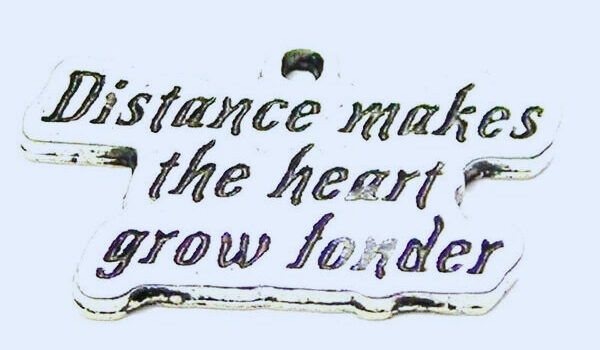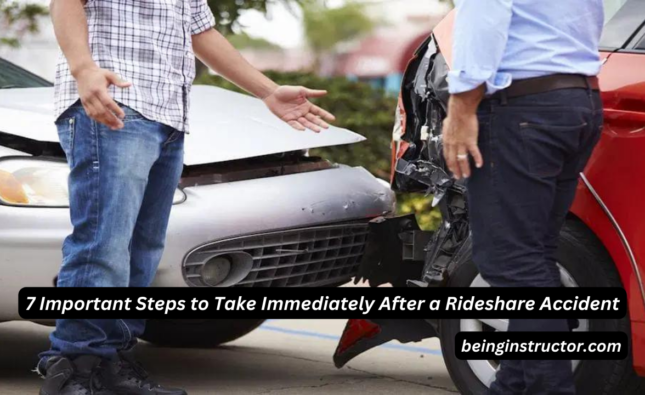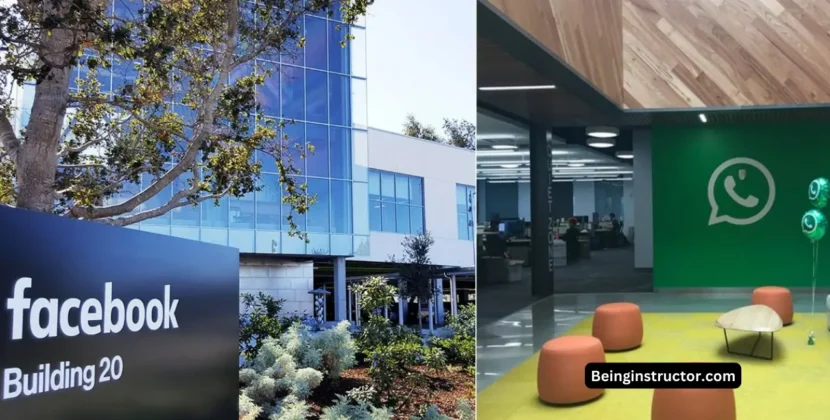The Psychology Behind “Distance Makes the Heart Grow Fonder”
They say that distance makes the heart grow fonder, but is it true that being separated from your loved ones causes you to appreciate them more? According to psychological studies, this old adage may actually be true. In this article, we’ll look at the research on geographical separation and relationships, as well as how to navigate a long-distance relationship (LDR) and personal space within a partnership.
The meaning of “Distance Makes the Heart Grow Fonder”
‘Distance Makes the Heart Grow Fonder’ is a complete sentence. It means that when someone is absent for an extended period of time, you really want to meet him or her. It also means you miss the person if they are far away. You realize how much you love that person, and your desire to see them frequently grows. This phrase is commonly used in romantic situations.
Origin of Absence Makes the Heart Grow Fonder:
Thomas Haynes Bayly, an author, popularized this saying in his book Isle of Beauty. This work, published in 1850, included the phrase in the final line of a song. However, it is possible that the expression or the underlying idea existed prior to that.
A variation of this phrase with the same meaning is “distance makes the heart grow fonder.”
Examples and Variations Literature and lyricism:

Examples and Variations Literature and lyricism are such gifts to us because we can reflect on them, expand our minds, and play around with words. Dean Martin had some fun with the notion in his song titled “distance Makes the Heart Grow Fonder (for Somebody Else).” Other writers also had their own variations on absence’s ability to make the heart grow fonder. Absence – the common cure of love. – Lord Byron Absence makes the heart grow fonder, but it sure makes the rest of you lonely. – Charles M. Schulz
I like to think I get better with age, but maybe absence makes the heart grow fonder. – Bonnie Raitt They say that absence makes the heart grow fonder, And that tears are only rain to make grow love. – Ray Charles Proverbs often contradict one another, as any reader soon discovers. The sagacity that advises us to look before we leap promptly warns us that if we hesitate we are lost; that absence makes the heart grow fonder, but out of sight, out of mind. – Leo Rosten.
How Much Distance Is Too Much Distance?
Of course, having distance from your SO also invites challenges, as anyone who’s ever been a long-distance relationship can probably attest. “A month or more can — not always! — cause couples to drift apart,” Klapow says. He notes that for short breaks, there’s no need to talk to your partner every day. But longer breaks can require more effort.
“Anything from a month on, you need some sort of regular connection and communication,” he says. Without that, it’s easy to fall into new patterns that don’t involve your partner, which makes it harder for you to adjust once your SO is back in your daily life. Winter agrees that in the case of a long break, you need to really consider how you’re going to maintain a connection with your partner.
She says in the case of breaks that span for months or even years, “our ‘new normal’ is to NOT have this partner in our life.” Things like military deployments or long-distance work or schooling are examples of things that can keep couples apart. “When our lover has been gone too long, we adapt and move forward. We begin to seek new connections to fill the void,” she adds. And when you’re apart for so long that you fill the void left by your partner, then there may not be room for them in your life when they return.
So, Does Absence Make the Heart Grow Fonder… Really?
As discussed above, throughout history, writers have surely believed the statement. Indeed, although the science is not entirely definitive, some evidence does suggest the notion is true. A study published in the Journal of Communication in 2013, and reported on in media outlets from CNN to USA Today, found that couples in long-distance relationships have more meaningful interactions and more intimacy than couples who see their significant other all the time; couples with some connection to Cornell University filled out surveys for the study. (A significant percentage of college students are in long-distance relationships, and rely on phone calls and texts, social media, and platforms like Skype and FaceTime to communicate.)
for more information visit our homepage

















